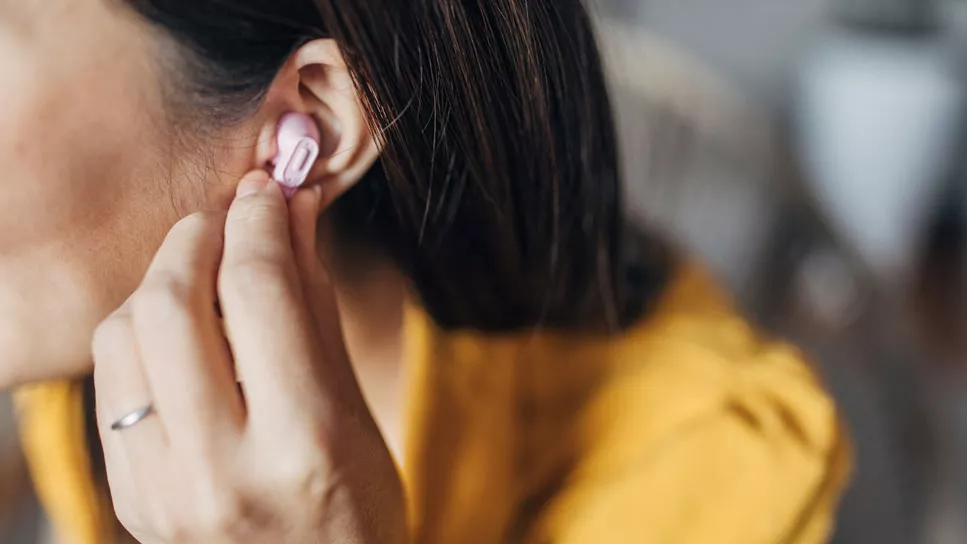We all want to look younger, but there’s more to ear care than just appearances. Here are five reasons why you should take care of your ears and some tips on how to do it.
Your Ears and Your Brain
Your ears are more than just sensory organs—they’re closely linked to your brain. Sound travels through the air, enters the ear canal, and moves through tiny hair cells in the cochlea. These cells send signals to the brain, which interprets them as sound. Your ears have about 10,000 muscles that help you hear and understand speech, so any damage to your ears can also affect your brain.
They Help You Hear
Ears are your gateway to the world of sound. Protecting them from damage is crucial. The outer ear includes the ear canal, eardrum, and pinna. It’s filled with air, allowing you to hear sound waves, but it’s also susceptible to infections and noise-induced hearing loss. To protect your ears:
- Avoid loud music
- Reduce noise exposure
- Use earplugs when necessary

Ears Protect Your Head
Ears play a key role in safeguarding your head from injuries. For example, if you’re a runner and fall, your ears can help cushion the impact and prevent a concussion. Eardrums are vital for inner ear protection, and losing them can lead to dizziness, nausea, tinnitus, and vertigo.
Ears Can Be Easily Damaged
Despite their resilience, ears are quite fragile. Ear injuries are common and can result from infections, trauma, or even foreign objects. To protect your ears, keep your head upright to avoid contact with harmful surfaces, wear earplugs in dusty or noisy environments, and consider using disposable earbuds for added safety.
Prevent Ear Infections
Dry, cracked, or itchy ears can lead to infections. Bacteria and germs can enter through colds, allergies, or touching contaminated objects. The ears consist of three layers: skin, cartilage, and eardrum. Dry air can cause issues, so keep your ears moisturized with an oil-based ear cleaner every two weeks. Treat infections with over-the-counter drops and see a doctor if symptoms persist.
Tips for Ear Care
- Regular Cleaning: Wash your ears with soap and warm water, focusing on the outer ear. Avoid letting earwax build up.
- Avoid Cotton Swabs: Use Q-tips, floss sticks, or ear brushes to prevent damage.
- Keep Warm: Use a warm compress or heating pad in cold weather to prevent frozen earlobes.
- Stay Hydrated: Drink plenty of fluids and avoid alcohol to prevent ear swelling.
- Avoid Loud Noises: Protect your ears from loud sounds to prevent tinnitus.
Consider Supplements
Your ears filter the world around you, and hearing loss can be significant as you age. While hearing aids are available, some supplements can also support ear health. SonoVive is one such option, known for its effectiveness in maintaining hearing health.
Conclusion
Your ears are vital for more than just hearing—they protect your head and contribute to your overall well-being. Take steps to care for them and avoid permanent damage. Whether through regular cleaning, avoiding loud noises, or using supplements, ensure your ears remain healthy and functional.